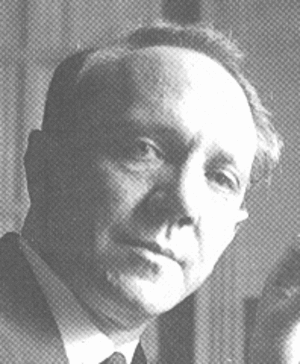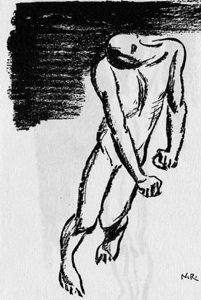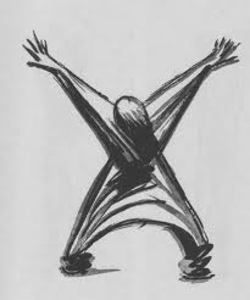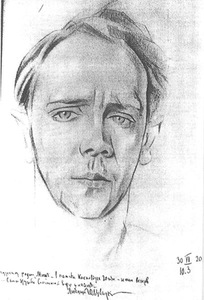Michael Chekhov's method: "psychological gesture", atmosphere and creative inspiration 3
In brief: Every actor, who realizes the principles of the method, should discover or develop his own technique, which would reflect his individual acting dynamic best. This principle of methodology perfectly illustrates M. Chekhov's vision of "tomorrow’s actor" - a secure, independent, universal creator, who is able to expand the boundaries of theatrical art.
Analyzing Michael Chekhov's acting model, it is easy to understand the semantic burden put on the imagination and on the processes of creative subconscious. Visual thinking is regarded as a starting point and raw material for creative work that leads to understanding of the shape of performance and performative expression. Specific imagination provoking methodical tools not only encourage a quantitative change of the flow of images, but also develops actor's ability to control the quality and the intensity rate of such flow. M. Chekhov's method is based on the assumption that the random strengthening of imagination, which is identified by every creative person at different times, is insufficient for a professional theater performer.
Psychological gesture is considered one of the most important ideas developed by M. Chekhov, which illustrates the principal differences separating realistic school of acting from the psychophysical one. The main purpose of the psychological gesture is locating the substantive idea of action, articulating it and conveying it through stage expression. In a sense such technical feature juxtaposes psychological gesture with the characterization process. However, the concept of psychological gesture defines a much wider context of role development in M. Chekhov's methodology. Basically psychological gesture can be considered a connective link between the creative work of imagination and physical expression.
The expression of the psychological gesture, its quality and intensity requires a high concentration and the incorporation of the physical body. At the same time, it is not an illustrative mechanism - a psychological gesture functions as a concentrated external form that conveys the idea of an action or meaningful backbone of the role. It would be wrong to call it a stylistic means of expression, since during the stage act psychological gesture is not displayed for the public and acts only in the actor's psychology, like a tonometer, which has a clearly formulated visual form, and which controls the qualitative aspects of acting.
While studying M. Chekhov's methodology through the prism of psychological gesture, we can formulate a definition that Chekhov's actor, playing in the surrounding environment is trying to reach and penetrate his mental body. Precisely, the technique of psychological gesture becomes a fundamental lever that helps activate those layers of imagination and inner state, which cannot be reached with any other methodical tools. Allowing the actor to physically define the guidelines for the developing phenomena of unconscious inside the body, psychological gesture provides specific tools to initiate creative imagination and subconscious processes, thereby achieving the status of a genuine inspiration. Director G. Padegimas defines the psychological gesture as a "spine of the backbone of the role, which we cannot see, but which holds everything."
In Chekhov's view, any newly developed role requires actor to apply different techniques and specific training. Actor needs to perceive the method as a single body, which is made up of many elements and practices, therefore, while exploring one technique and applying it to the development of the role actor gradually comprehends M. Chekhov's method as a whole. M. Chekhov always encouraged his students to improve his methodology, to transform and reorganize it according to specific needs.
Article series "Michael Chekhov's Method in the 21st century"












